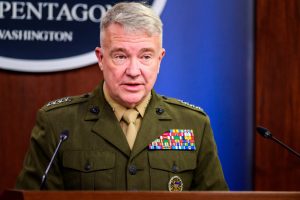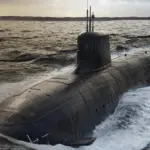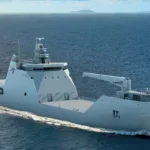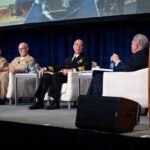
The commander of U.S. Central Command (CENTCOM) told a Congressional panel last week that funding will still flow to Afghanistan security forces after a withdrawal of U.S. troops but it will be less efficient. “We’re going to go to a zero solution in Afghanistan, so whatever we do it will largely not be done by people on the ground in Afghanistan. We can still do some things from remote locations, we can work the administration, the Afghanistan security force funding,…

 By
By 











